International Charter Operators, the time for compliance is NOW!
In recent months, U.S. Customs and Border Protection (CBP) has intensified its focus on charter Operations and on identifying charter operators that are not in compliance. As operators have been renewing their Border Overflight Exemptions (BOE), CBP has been inquiring as to what type of operations they are performing; private or commercial. CBP defines a commercial aircraft under 19 CFR §122.1(d) as any aircraft transporting passengers or cargo for payment or other consideration. This definition is different from that of the FAA and this has unintentionally tangled up some operators in serious problems.
Under closer scrutiny, some charter operators have demonstrated a lack of knowledge over user fee payments, how to properly file APIS, the proper wording in their contracts with customers, the need for international carrier bonds and how to obtain clearance to depart. In short, they have been out of compliance, in some cases for many years. Consequently, CBP now asks any operator requesting a new BOE, or renewing an expiring BOE, to declare which of the following describes them:
Commercial Aircraft Operator, Fully Compliant: Maintains a valid Type 3 International Carrier Bond and is current with user fees.
Commercial Aircraft Operator, Seeking Compliance: Conducts commercial operations but lacks a bond and/or has outstanding user fees.
Private Aircraft Operator: Never transports passengers or cargo for compensation.
CBP recognizes that many instances where charter operators were out of compliance were not willful but simply due to a lack of knowledge on the part of the operator. CBP is presently focused on compliance, on educating charter operators and collecting fees that were due and never paid. While there is no guarantee that a penalty case may not occur, the present environment appears to be focused on getting operators into compliance.
Operational self-check
If any of the following topics raises doubts in your mind, you may be out of compliance and should take immediate action to clarify:
Declaring an empty leg of a charter flight as private when that leg was required to support a prior, or subsequent, charter leg.
Using a CBP DTOPS decal for user fees instead of paying CBP Immigration Inspection User Fees (IUF) and Immigration and Customs Inspection Fees (CUF) outlined here
Not having paid APHIS Passenger and APHIS Aircraft Clearance Fees outlined here
Not having a Type 3 International Carrier Bond, or having one with the wrong limits
Not submitting a CBP Declaration form (CBP Form 7507) to CBP at the departure/arrival port and obtaining a stamped copy and clearance to depart from an officer
Not submitting APIS using the appropriate version for commercial aircraft which is different from that for private flights
For help getting compliant
All commercial operators must hold a valid Type 3 International Carrier Bond. This bond guarantees payment of duties, taxes, penalties, and charges assessed by CBP. Knowledge article here
Failure to pay user fees on time, may result in liquidated damages equal to twice the unpaid amount and will hit your surety bond (if you have one), otherwise it will be on you.
For assistance regarding CBP fees, contact the Revenue Division Help Desk +1 317 -381-5400 , email CUFIUFHelp@cbp.dhs.gov or you can visit the link: Customs and Immigration User Fees.
For assistance with USDA APHIS Fees, contact greg.wilkes@aphis.usda.gov. Telephone number +1 612-336-3254 or Laura.A.Penner@aphis.usda.gov Telephone number +1 612-336-3268.
Compliance is not simply a regulatory checkbox it is the foundation of lawful, uninterrupted operations into the United States. By keeping BOE, APIS submissions, carrier bonds, and user fee responsibilities aligned, operators can secure both the continuity of their flights and the long-term growth of their business.
At CST Flight Services, we share this guidance based on years of operational experience. Our goal is to keep operators informed, prepared, and fully compliant with US and International regulations.
